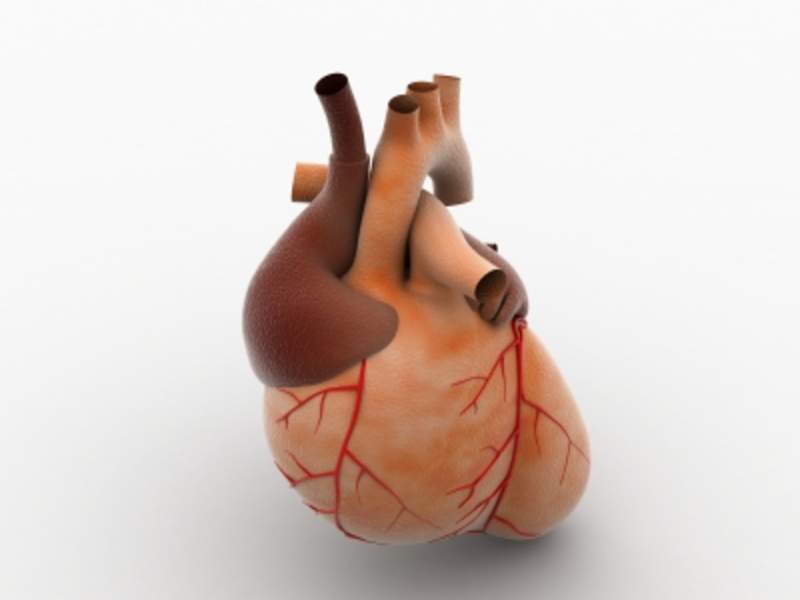

Novartis has reported positive primary results from its Phase III CANTOS clinical trial of ACZ885 (canakinumab) quarterly injections in patients with a history of heart attacks and inflammatory atherosclerosis.

Discover B2B Marketing That Performs
Combine business intelligence and editorial excellence to reach engaged professionals across 36 leading media platforms.
ACZ885 is a selective, high-affinity, fully human monoclonal antibody being developed to inhibit the IL-1ß cytokine in the inflammatory pathway that is involved in the progression of inflammatory atherosclerosis.
The results indicated a 15% statistically significant decrease in risk of major adverse cardiovascular events (MACE), which is a composite of non-fatal heart attack, non-fatal stroke and cardiovascular (CV) death.
With 10,061 subjects enrolled over the last six years, the randomised, double-blind, placebo-controlled, event-driven CANTOS trial assessed the efficacy, safety and tolerability of subcutaneous ACZ885 and standard-of-care combination to prevent recurrent CV events.
Patients with high-sensitivity C-reactive protein (hsCRP) levels of greater than or equal to 2mg/l were recruited into the trial and administered with 50mg, 150mg or 300mg of ACZ885.

US Tariffs are shifting - will you react or anticipate?
Don’t let policy changes catch you off guard. Stay proactive with real-time data and expert analysis.
By GlobalDataNovartis drug development global head and chief medical officer Vas Narasimhan said: "This data is a significant milestone because they show that selectively targeting inflammation with ACZ885 reduces cardiovascular risk and that ACZ885 may also be an important immuno-oncology therapy targeting IL-1ß for lung cancer.
"We look forward to submitting the CANTOS data to regulatory authorities for approval in cardiovascular and initiating additional Phase III studies in lung cancer."
The reduction in MACE was found to be consistent throughout the duration of the trial, including a median follow up period of 3.7 years, with the 150mg and the 300mg doses meeting the primary endpoint, while the 50mg dose was observed to be less efficacious.
An additional benefit was a decrease in the number of patients needing unplanned revascularisation for worsening chest pains.
The overall rates of adverse events (AEs), serious AEs, and discontinuations due to AEs across all ACZ885 doses were consistent with placebo, and cancer deaths were reduced by half through ACZ885.
Image: Three-dimensional (3D) illustration of the heart. Photo: courtesy of interphasesolution at FreeDigitalPhotos.net.





